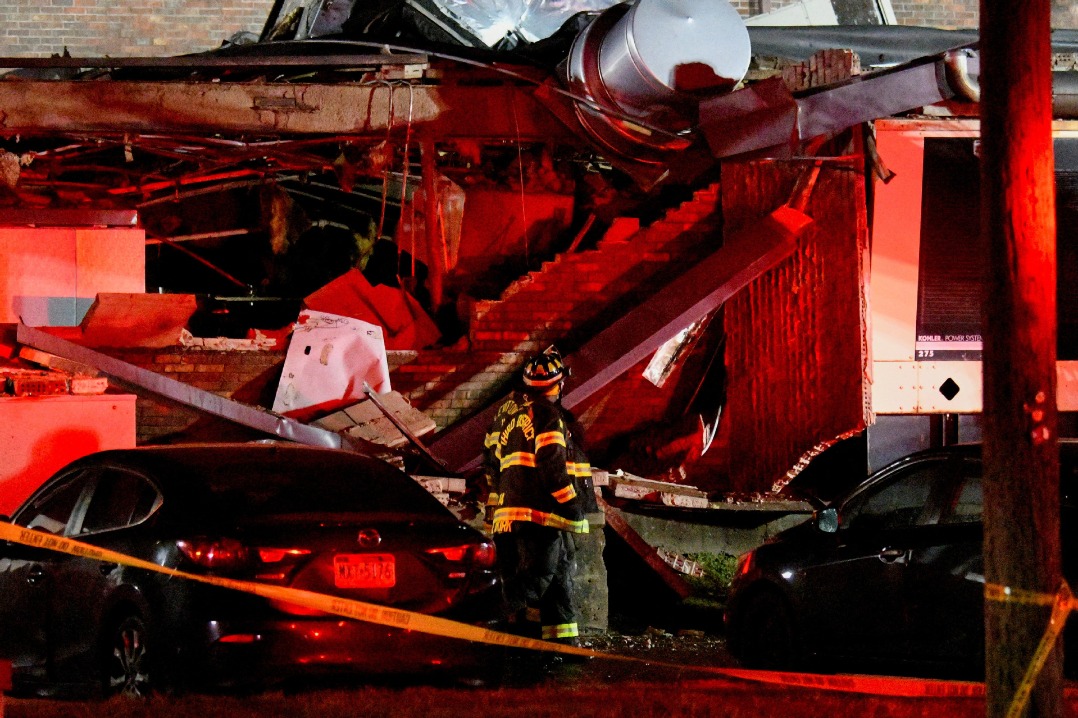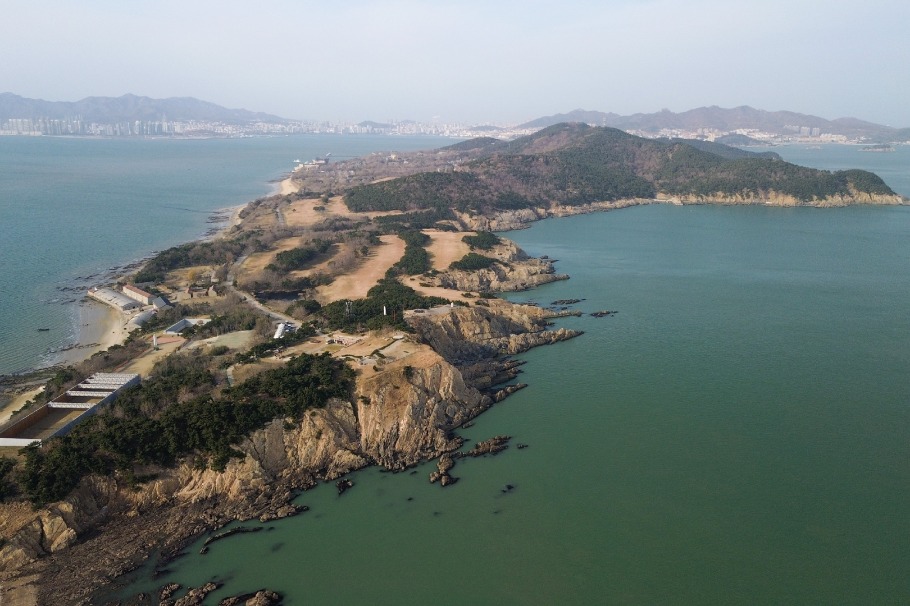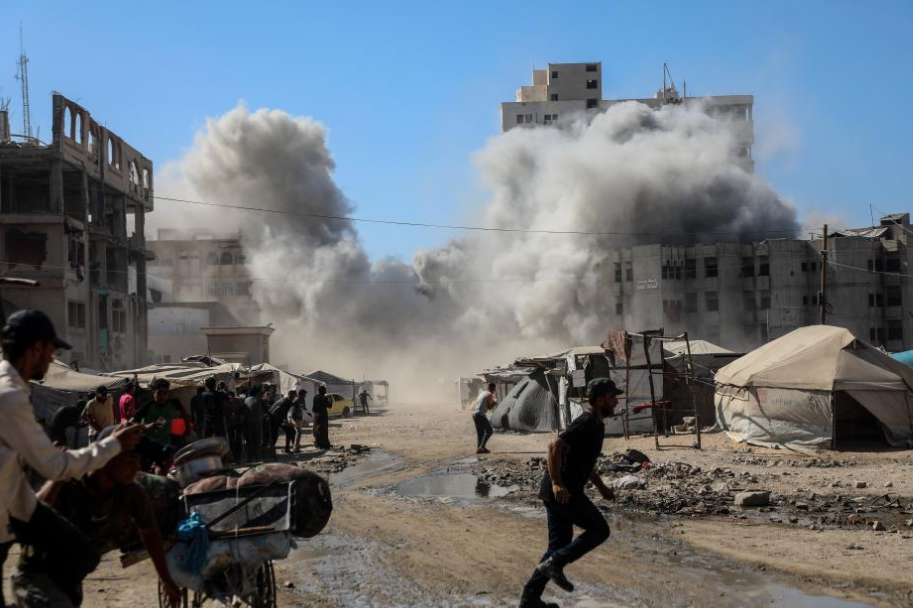Nations 'must cooperate' to beat warming

International Energy Agency says we can still hit 1.5 C goal with joint efforts
The International Energy Agency, or IEA, has underscored the importance of electrification in the worldwide effort to achieve net-zero emissions by 2050 and urged governments to keep geopolitics out of climate-change matters.
In a report on progress on its key Net Zero Roadmap, the IEA emphasized that robust international cooperation is crucial to achieving climate objectives in a move that will apply pressure on world leaders ahead of the United Nations Climate Change Conference, or COP28, in Dubai from Nov 30 to Dec 12.
The IEA noted that record growth in clean energy technology, including solar panels and electric vehicles, still allows the possibility of limiting global warming to 1.5 C, in line with 2050 targets.
The report, published on Tuesday, stated that, beginning in the next decade, the world will need to significantly ramp up its spending on cleaner energy, necessitating close to $4.5 trillion in investments each year, which is a substantial increase from the projected expenditure of $1.8 trillion in 2023.
The IEA slightly softened its stance on upstream oil and gas projects, which refers to the search for potential underground or underwater crude oil and natural gas fields. The agency stated "no new long-lead-time upstream oil and gas projects" were needed, which was a subtle contrast to what it said in 2021, when it outright opposed "new oil and gas fields".
The report stressed that the journey to net zero will require fairness, considering national conditions.
IEA Executive Director Fatih Birol said: "Keeping alive the goal of limiting global warming to 1.5 C requires the world to come together quickly.
"The good news is we know what we need to do — and how to do it. Our 2023 Net Zero Roadmap, based on the latest data and analysis, shows a path forward.
"But we also have a very clear message: Strong international cooperation is crucial to success. Governments need to separate climate from geopolitics, given the scale of the challenge at hand."
Renewable expansion
According to the IEA, the electricity sector is set to become the global energy system's "new oil", and it underlined the importance of electricity security.
"For all countries, speeding up permitting, extending and modernizing electricity grids, addressing supply chain bottlenecks, and securely integrating variable renewables are critical," the report said.
The IEA said more work is needed, including a surge in renewable energy capacity, energy efficiency, heat pump sales, and electric vehicle usage by 2030. It also demanded a 75 percent reduction in energy-sector methane emissions, which would cost around $75 billion.
"Removing carbon from the atmosphere is very costly. We must do everything possible to stop putting it there in the first place," said Birol. "The pathway to 1.5 C has narrowed in the past two years, but clean energy technologies are keeping it open.
"With international momentum building behind key global targets, such as tripling renewable capacity and doubling energy efficiency by 2030, which would together lead to a stronger decline in fossil fuel demand this decade, the COP28 climate summit in Dubai is a vital opportunity to commit to stronger ambition and implementation in the remaining years of this critical decade."

































